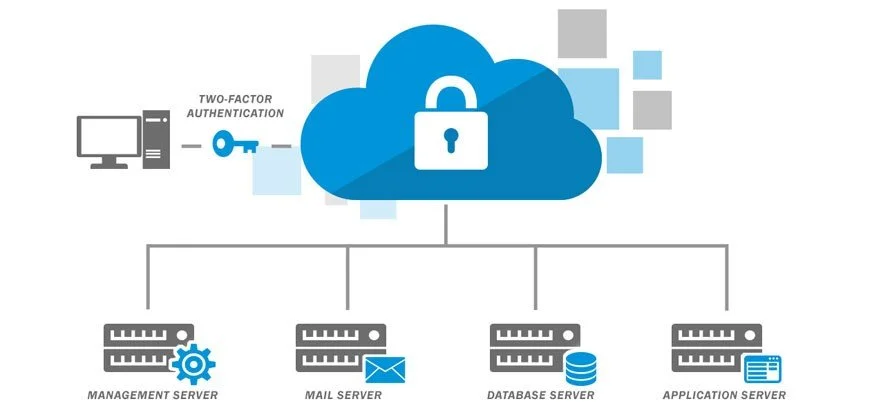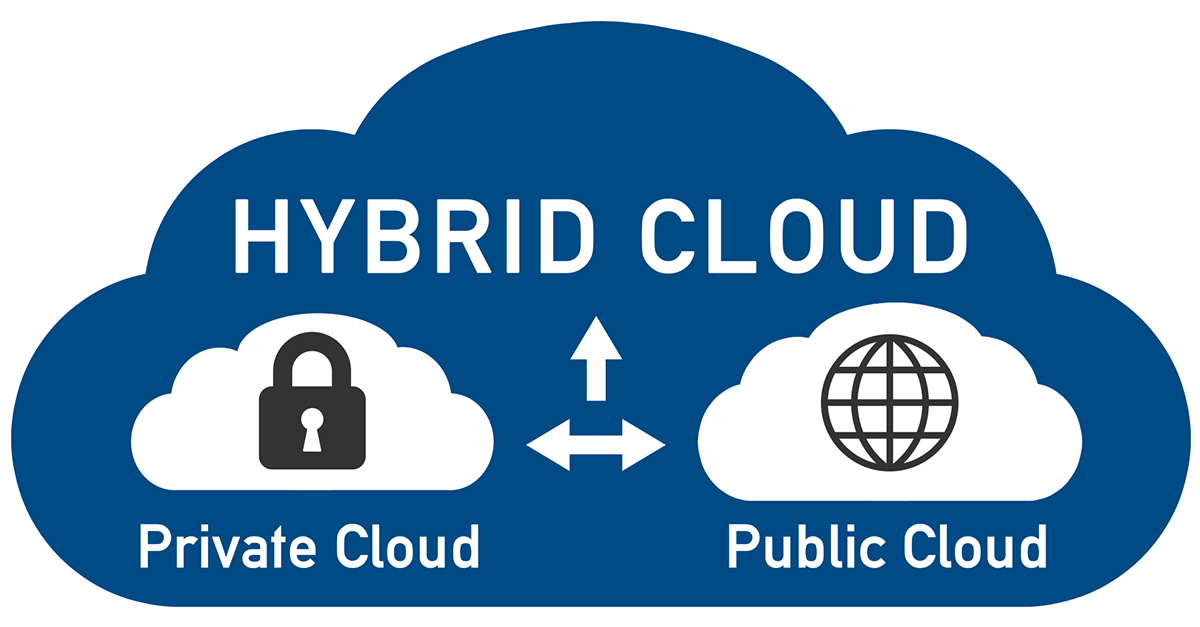A 50,000 Foot View of the Cloud and the Strategy to Evaluating going to Public, Private and Hybrid
Cloud computing has revolutionized the way we handle and process data, with businesses and individuals increasingly embracing the flexibility, scalability and cost-effectiveness of cloud computing. However, with different types of cloud services available, it’s imperative that people understand each type of cloud and its pros and cons.
Public Cloud
The public cloud is where service providers such as Amazon, Google, and Microsoft, own and operate third-party-computing infrastructure. This infrastructure is available for public usage and is accessible on-demand through the internet. Public cloud provides a cost-effective solution for businesses and startups who require a flexible and scalable service with little to no upfront infrastructure investment. Public cloud takes care of necessary operational tasks such as upgrades, security and maintaining the infrastructure. Also, public clouds are ideal for businesses with fluctuating demands, with the ability to pay for services that you consume, compared to fixed capital investment.
Pros:
- Low initial costs.
- Self-service functionality, allowing you to change your package depending on your requirements.
- Scalability is straightforward since storage and computing power can be extended easily.
- Maintenance and technical support are included.
- High security.
Cons:
- Providers offer limited operating systems and administrative settings, which may or may not fit business specific requirements completely.
- The environment and network are less customizable since you have less control over the infrastructure.
- A dependence on the provider, should they experience operational issues, you have to wait for them to resolve the issue.
- Privacy dilemmas. In shared environments, there’s always a risk of data breaches.
Private Cloud
A private cloud uses an internal infrastructure with computing resources that belong to the specific organization. They may own their data center or available infrastructure. They can also be hosted and managed elsewhere off-site. To counter the risk of IP breaches, private clouds adhere to stringent security protocols. Private cloud functionality provides a dedicated service, isolated from a shared environment. It's the ideal cloud solution for organizations with more sensitive data or firms with stringent regulatory needs.
Pros:
- Provides high levels of privacy and reliability.
- Infrastructure and computing capacity are dedicated to the business or organization, so you can have the customizations you need .
- Security is tighter since it's not shared with other organizations.
- Businesses have full control over the computing environment and infrastructure.
Cons:
- There are significant upfront infrastructure costs.
- Resource scaling is more complex and may require additional investment.
- There’s a need to maintain and manage the infrastructure, which can be costly in terms of time and money.
Hybrid Cloud
A hybrid cloud provides a combination of public and private cloud resources, utilizing the best features of both types. The hybrid approach utilizes internal infrastructure for more sensitive and critical applications while using public cloud resources for less demanding processes. For instance, the company may keep customer data hosted on a private cloud on their premises and access development tools from a public cloud provider. The hybrid cloud provides the scalability of the public cloud as well as the security features of the private cloud.
Pros:
- A hybrid cloud offers more flexibility since different resources can be utilized .
- Greater control over data handling and security.
- Scalability options, allowing businesses to expand cloud capacity to match the demand of new projects.
Cons:
- Increased complexity, requiring skilled IT staff for correct integration and maintenance of the infrastructure.
- Higher maintenance and hardware support costs
- The company needs to ensure that communication within both environments is seamless.
Here’s a chart I developed to highlight some of these same themes, outlined by pros and cons around speed to market, flexibility, cost and security.
Conclusion
Cloud adoption is expected to keep growing globally, with innovative cloud solutions designed to be a vital part of businesses for years to come. Before deciding on which cloud service should work best for your business, it's essential to identify your specific requirements . It may be critical to seek expert advice, for a tailor-made solution to ensure that your infrastructure can meet your business needs both in terms of performance and security. Whatever you do, as you pursue your journey to the cloud, don't let your judgement get clouded with all the wrong factors!





